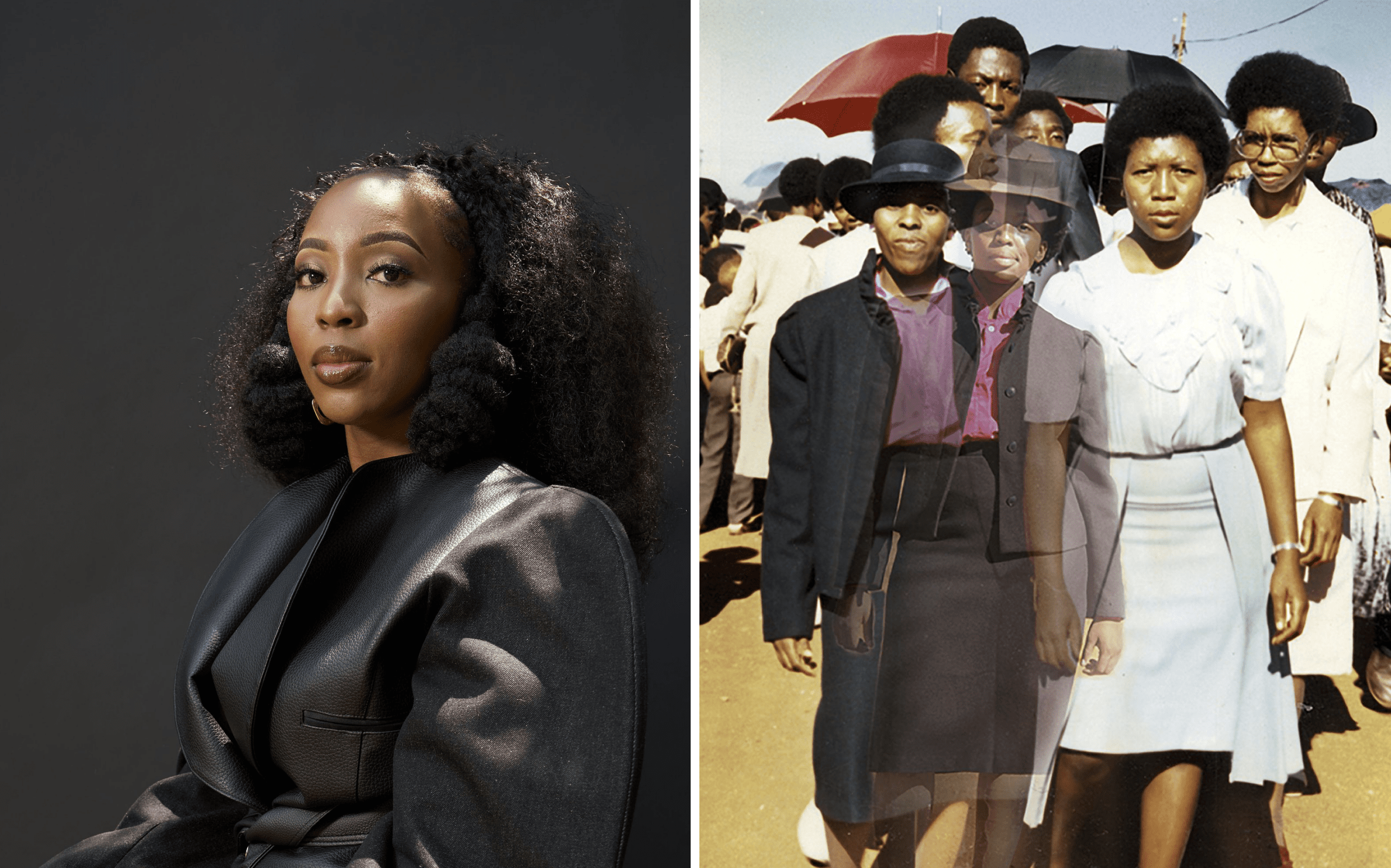A Networked Practice
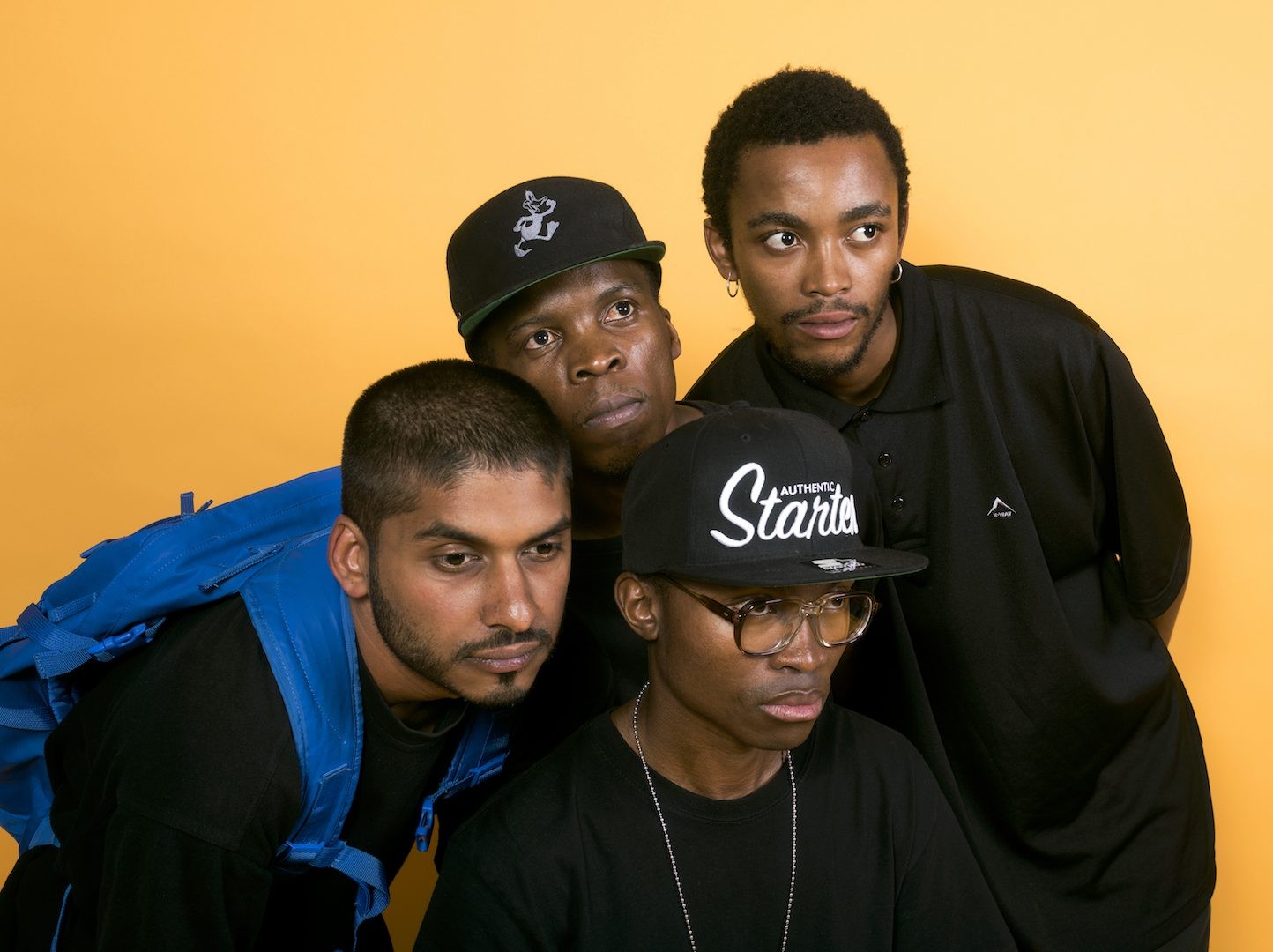
03 March 2017
Magazine C& Magazine
4 min read
C&: You made a horror film for C& Commissions. This is quite unusual and fascinating. What inspired you to make this film? CUSS: We have been interested in “off the grid” practice in South Africa for a while. One of these practitioners is Vukani Ndebele. He’s a filmmaker and often makes B-grade horror films. As …
C&: You made a horror film for C& Commissions. This is quite unusual and fascinating. What inspired you to make this film?
CUSS: We have been interested in “off the grid” practice in South Africa for a while. One of these practitioners is Vukani Ndebele. He’s a filmmaker and often makes B-grade horror films. As CUSS we are currently looking at the group not as insular but as some sort of expanding and contracting network. We obviously wanted to work directly with Vukani, not only to further this theme of networked practice but also to shift his practice as well as ours, as well as shifting the space he finds himself in.
C&: Your video is called Streetkid. Why did you choose this title?
CUSS: Streetkid is something Vukani came up with after writing the script, and so outside of this there wasn't much more to it. Being a network is also about relinquishing some of your creative control. Also, it made sense to all of us involved.
C&: How did you go about the casting of the actors?
CUSS: Vukani has a group of actors he normally works with. From that group, we cast actors who we felt fit the mould of the characters in the film.
C&: What are some of the materials, ideas, props and devices you used for the film?
CUSS: Stuff from fake blood, which was made on set, to cows’ eyeballs and two-minute noodles...
C&: How do you feel about horror films in general?
CUSS: It's fun. It is a genre, and, more importantly, a genre commonly focused on by Vukani.
C&: How do you come and work together as a collective, as each of you has her/his own distinct voice and artistic projects/practices?
CUSS: It’s about roles, people assuming them naturally through production and time, as well as having a skill set. Creative direction is important within networked practice as you have to not only manage a production with various people and their individual voices, but also envision where a work needs to go.
C&: What further ideas and projects are you exploring now?
CUSS: A show in Switzerland which opens quite soon in which we will further develop ideas that we’ve been interested in over the last year. The show is called HTWW (Held Together With Water). It takes place in a variety of different spaces, both physical and online: physical at Le Commun (Centre D'Art Contemporain Genève), Poster sites distributed throughout the city and online.
Ideas we've been exploring centre around a new mode of practice that CUSS has initiated, that being "networked practice." The piece we're doing is essentially a video that fantasises a scene into existence, that already exists. It's a reflexive piece that is indirectly a presentation of CUSS moving from being a "group" to a "network".
C&: How do you see the role of politics in the digital space? Do you think there is a responsibility in that specific context to address what’s currently happening in the world?
CUSS: The digital space is complex, there are political rifts being created online that are becoming more and more apparent. Regarding a responsibility, yes of course, but expressing this isn’t limited to any specific form. We’ve always produced work that is an expression of our situations. That in itself is always influenced by politics.
Interview by Aïcha Diallo
Read more from
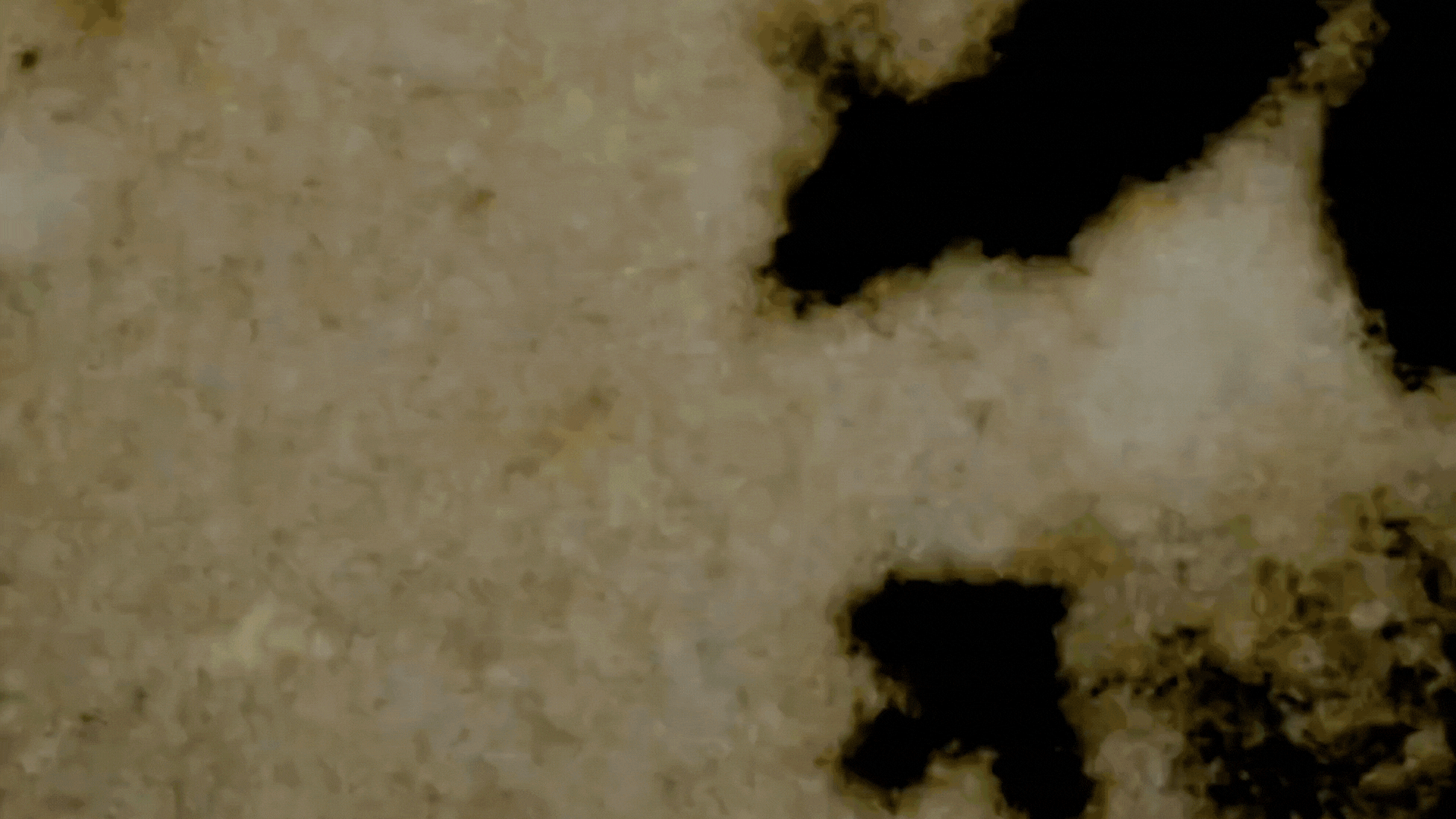
On Ghosts and The Moving Image: Edward George’s Black Atlas
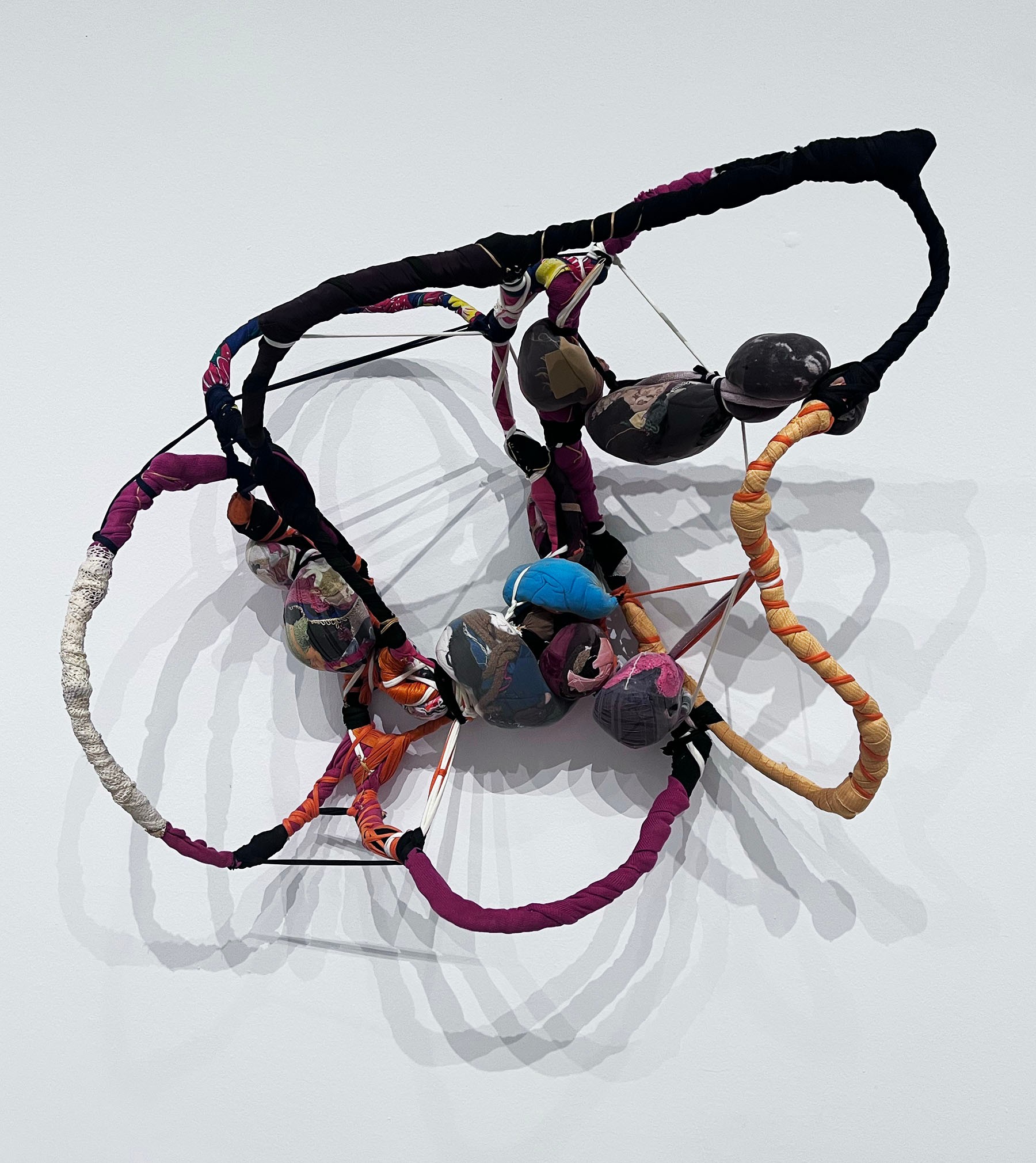
Confronting the Absence of Latin America in Conversations on African Diasporic Art
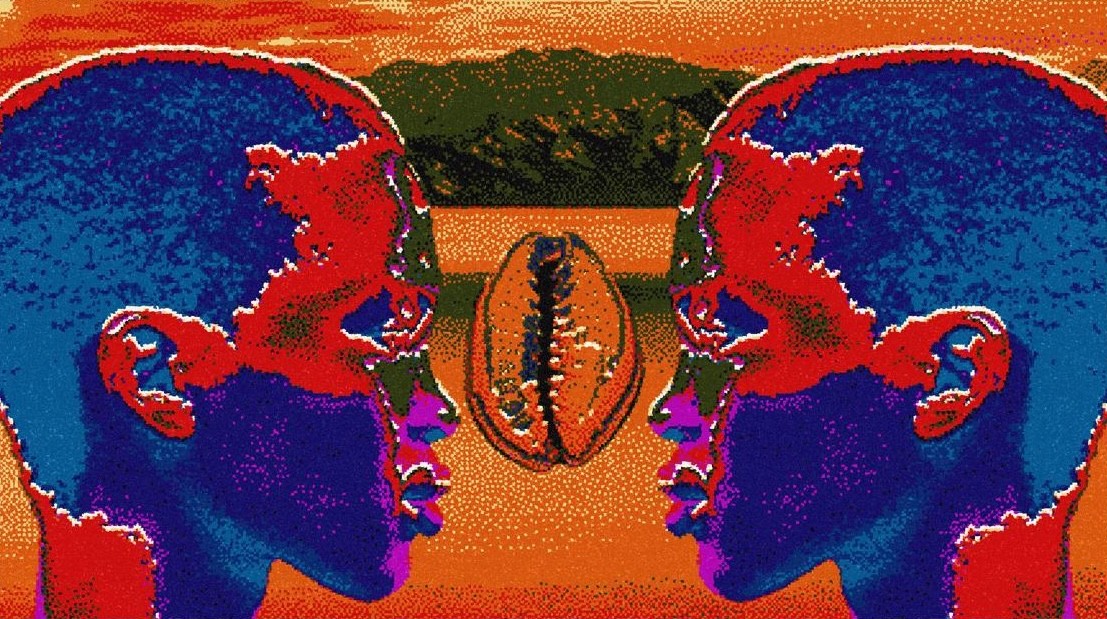
On Exile, Amulets and Circadian Rhythms: Practising Data Healing across Timezones
Read more from
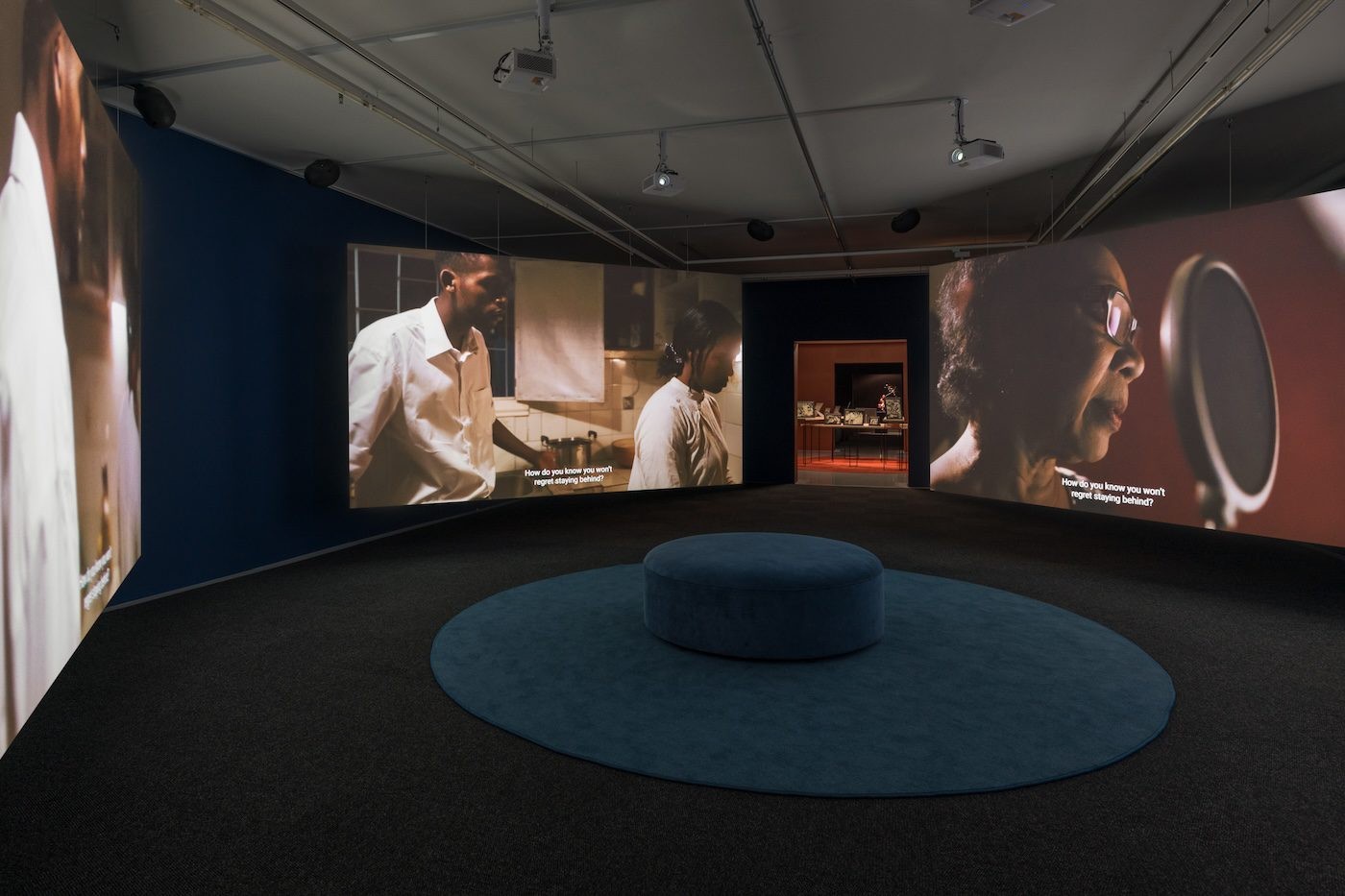
On History and Fiction: Tuan Andrew Nguyen's Cinematic Memory Work
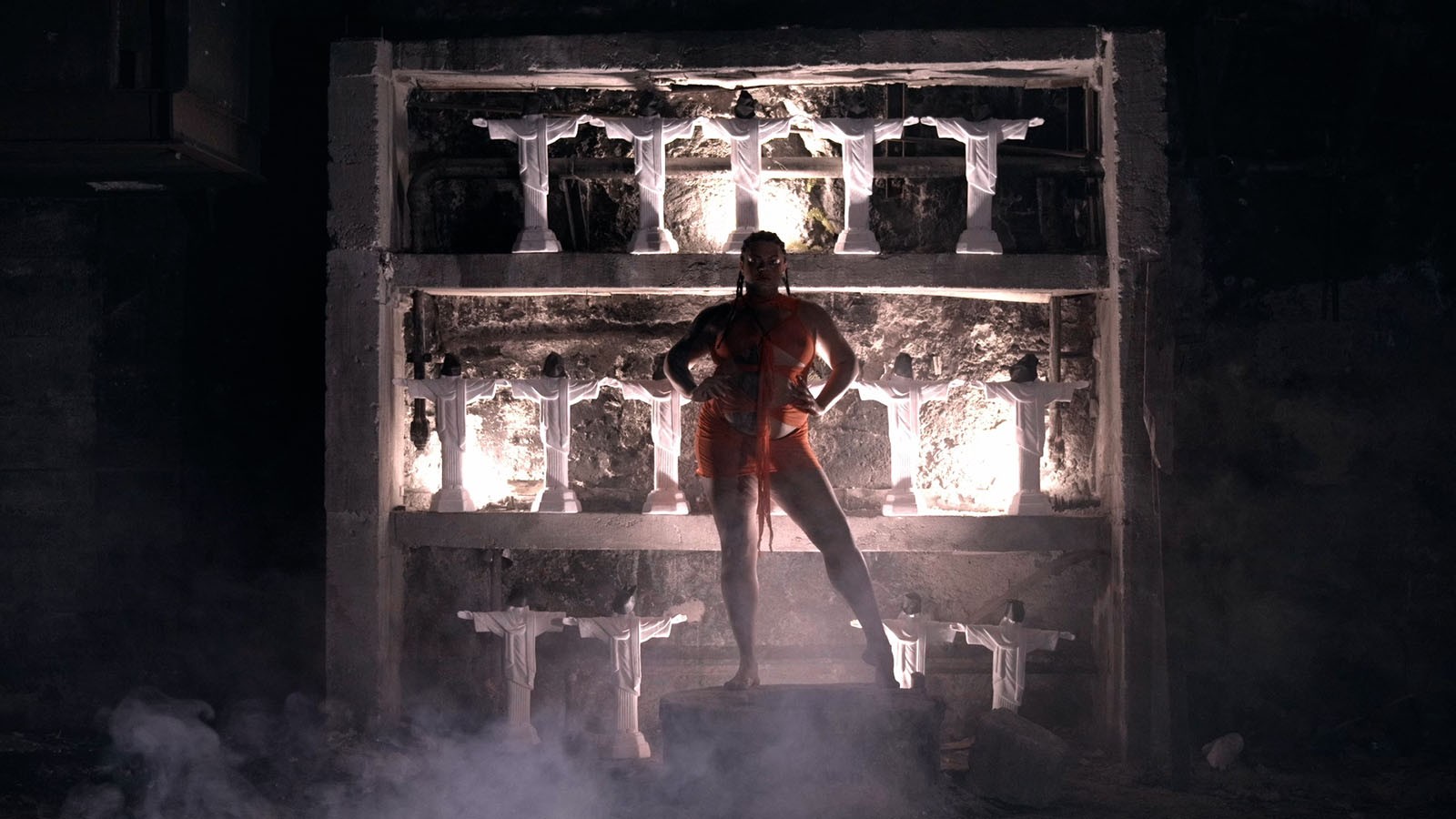
Celebration and Resistance in Ventura Profana’s Films
